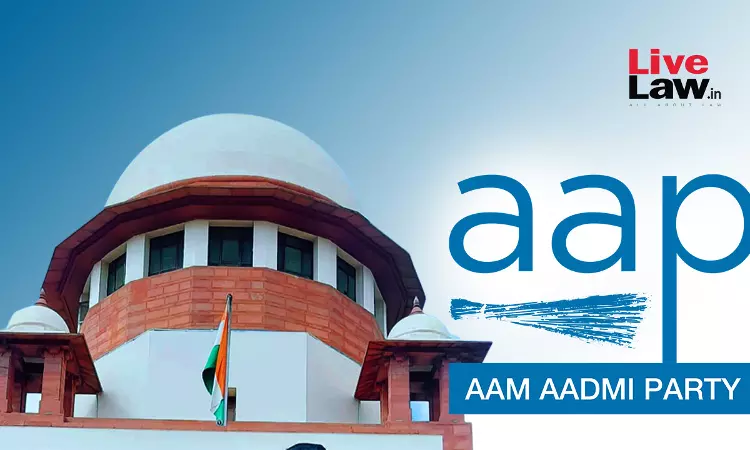MCD Mayor Polls : Nominated Members Can't Vote, Holds Supreme Court; Election To Be Notified In 24 Hours
Padmakshi Sharma
17 Feb 2023 4:42 PM IST

Next Story
17 Feb 2023 4:42 PM IST
Ending a major controversy over the election of Mayor of Municipal Corporation of Delhi, the Supreme Court on Friday held that nominated members of the municipal corporation cannot vote in the elections for mayor.The Court also held that nominated members cannot vote either in the elections for Deputy Mayor and Standing Committees. Also, the election of the Mayor has to precede the election...
